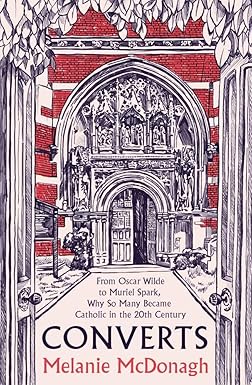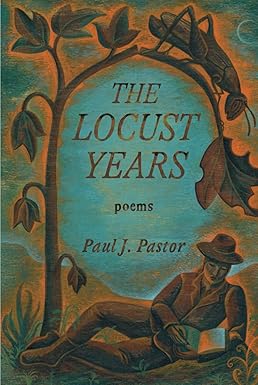About The University Bookman
For six decades, The University Bookman, founded by Russell Kirk, has sought to redeem the time by identifying and discussing those books that diagnose the modern age and support the renewal of culture and the common good. Currently published online, the Bookman continues its mission of examining our times through the prism of what Kirk called the Permanent Things.
Jeffrey O. Nelson, Publisher and Editor-at-Large
Luke C. Sheahan, Editor
David Bonagura, Religion Editor
Darrell Falconburg, Humanities Editor
Isabel Dobbs, Managing Editor
Alvino-Mario Fantini, European Editor
Gerald J. Russello, Editor (2005–2021)†
About the Editor

Sheahan received a PhD and MA in political theory from the Catholic University of America and a B.S. in political science from the Honors College at Oregon State University. From 2016-2018 he was a postdoctoral associate in the Department of Political Science at Duke University and from 2018-2019 he was Associate Director and Post-Doctoral Research Fellow at the Freedom Project, an academic institute at Wellesley College. Sheahan is a five-time recipient of the Humane Studies Fellowship from the Institute for Humane Studies, a 2014 recipient of the Richard M. Weaver Fellowship from the Intercollegiate Studies Institute (ISI), a 2015-2016 recipient of a dissertation research fellowship from the Catholic University of America, and a 2018 recipient of the Leonard Liggio Memorial Fellowship.
Subscription Information
THE UNIVERSITY BOOKMAN (ISSN 0441-9265) is currently published only online. We encourage you to follow us via our RSS subscription feed and on Twitter, and to sign up for our periodic e-mail notification list using the links in the sidebar.
Editorial Information
Editorial correspondence, including manuscript submissions and review copies of books, should begin by e-mailing to bookman.submissions@gmail.com. Potential contributors should download the publication guidelines here.
Reprinting and Reposting
We welcome republication or cross-posting of our content. Our policies require that the republished or cross-posted article or review include only two paragraphs (preferably the first two), with a link to the Bookman site for the full text. While permission to quote an entire article or review may be given on occasion, such permission must be requested of the Editor before publication.
Gifts and Bequests
THE UNIVERSITY BOOKMAN is, in part, sustained by gifts and bequests. Those who wish to support this journal may do so by contributing to the Russell Kirk Center, a tax-exempt, charitable public organization. Benefactions should be addressed to: The Russell Kirk Center, P.O. Box 4, Mecosta, MI 49332. You may also donate online.
Read More Bookman Articles

Catholic or Nothing
“Her accounts inspire reflection on the allure of Roman Catholicism to noteworthy nineteenth and twentieth century thinkers, specifically its stress on authority, tradition, and dogma, its aesthetics (especially liturgical), and its forceful critique of predominant secularist ideologies and systems. However different these converts were, then, they all found countercultural Roman Catholicism a compelling counterstatement to their epoch’s regnant religious and social norms.”

No Seed Which Dies Remains Alone
“For all the weight that Christianity and its paradoxes pull in the Western poetic tradition, you’d think that the theme of death and new life would be a rather tired one. And perhaps it is, at least in the work of more amateur poets than Pastor. But Pastor shows that the great paradox of the empty tomb is, in truth, an indefatigable one…”

Words from the Hearth
“Each poem maps a path on the journey by sharing the personal and religious experiences of a young woman falling in love, getting married, and then expecting and welcoming children. As a reader who tends to prefer prose to poetry, I appreciate the narrative arc as well as the opportunity to reminisce, through Reardon’s work, on my own similar experiences. Reardon’s writing is intensely religious, elevating the seemingly mundane aspects of home life to a spiritual level. Because it draws such powerful connections, it invites readers to ponder how even the simplest details of their lives can lead to the divine.”